Dupa plasarea solicitării de comandă, in sectiunea Istoric puteti vedea cate solicitări de comandă mai avem de procesat inaintea dumneavoastra
Program de lucru: Luni - Vineri 9:00 - 18:00, pauza 13:00 - 14:00.
Se efectueaza lucrari de mentenanta la site si pot aparea erori. In cazul in care intampinati erori va rugam sa reincercati mai tarziu.
Ridicarea personala este disponibila pentru comenzile achitate in avans. Se pot ridica dupa ce sunt pregatite.
Niciun produs
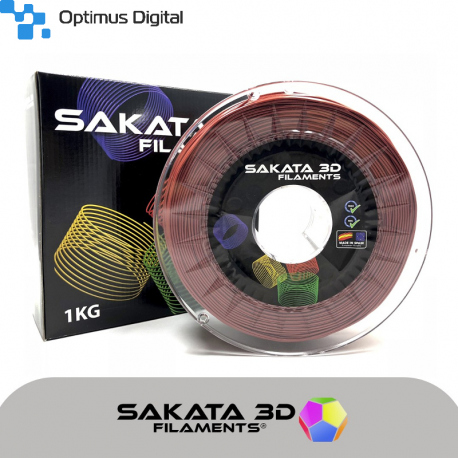 Mărește
Mărește
Filament Sakata 3D 3D ABS - Arămiu 1.75 mm 1 kg
0104110000071682
Produs nou
Filament Sakata 3D 3D ABS - Arămiu 1.75 mm 1 kg
Acest produs nu mai este in stoc
- Scrie o recenzie
- Elimina acest produs din lista mea de favorite.
- Adauga acest produs la lista mea de favorite.
- Imprimă
Informații
Filament Sakata 3D 3D ABS - Arămiu 1.75 mm 1 kg
Recenzii
Clienții care au cumpărat acest produs au mai cumpărat:
-
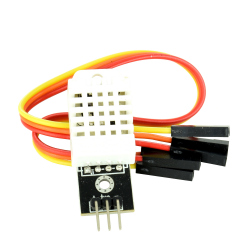
Modul Senzor...
Modul DHT22 este un senzor de temperatura si...
$5.55
-
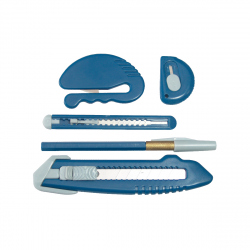
$2.40
-
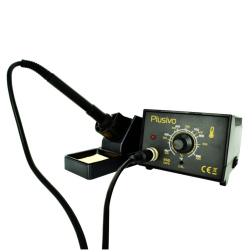
Stație de...
Stația de lipit Plusivo este ideală pentru un...
$35.76
-
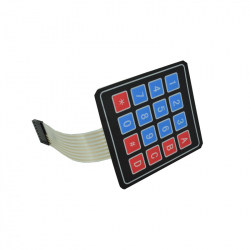
Tastatura...
Tastură cu 16 butoane cu conectori de tip mamă.
$1.68
-
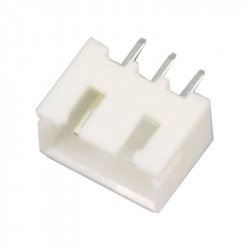
Conector...
Conector Tată Drept XH2.54 3p
$0.12
-
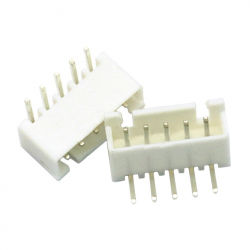
Conector...
Conector Tată XH2.54 la 90° 5p
$0.24
-
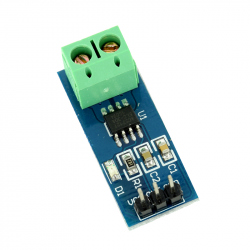
Senzor de...
Acest senzor de curent este unul bidirecțional,...
$3.60
-
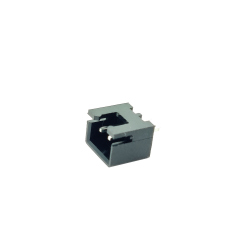
Conector...
Conector Tată XH2.54 2p (Negru)
$0.12
-
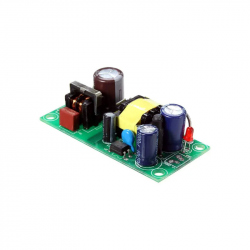
Modul Sursă...
Modul Sursă de Alimentare (220 V către 5 V, 2...
$5.76
-
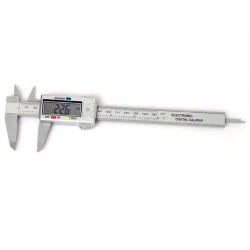
Șubler...
Șubler Digital Argintiu din Fibra de carbon...
$8.40

